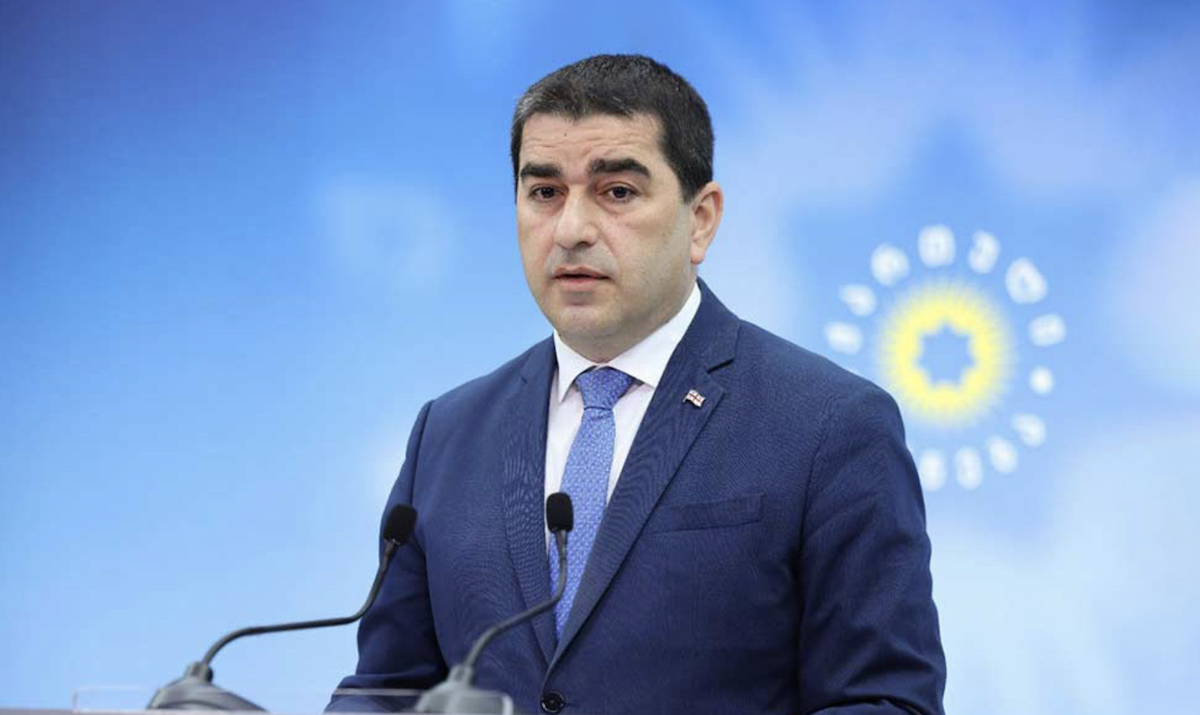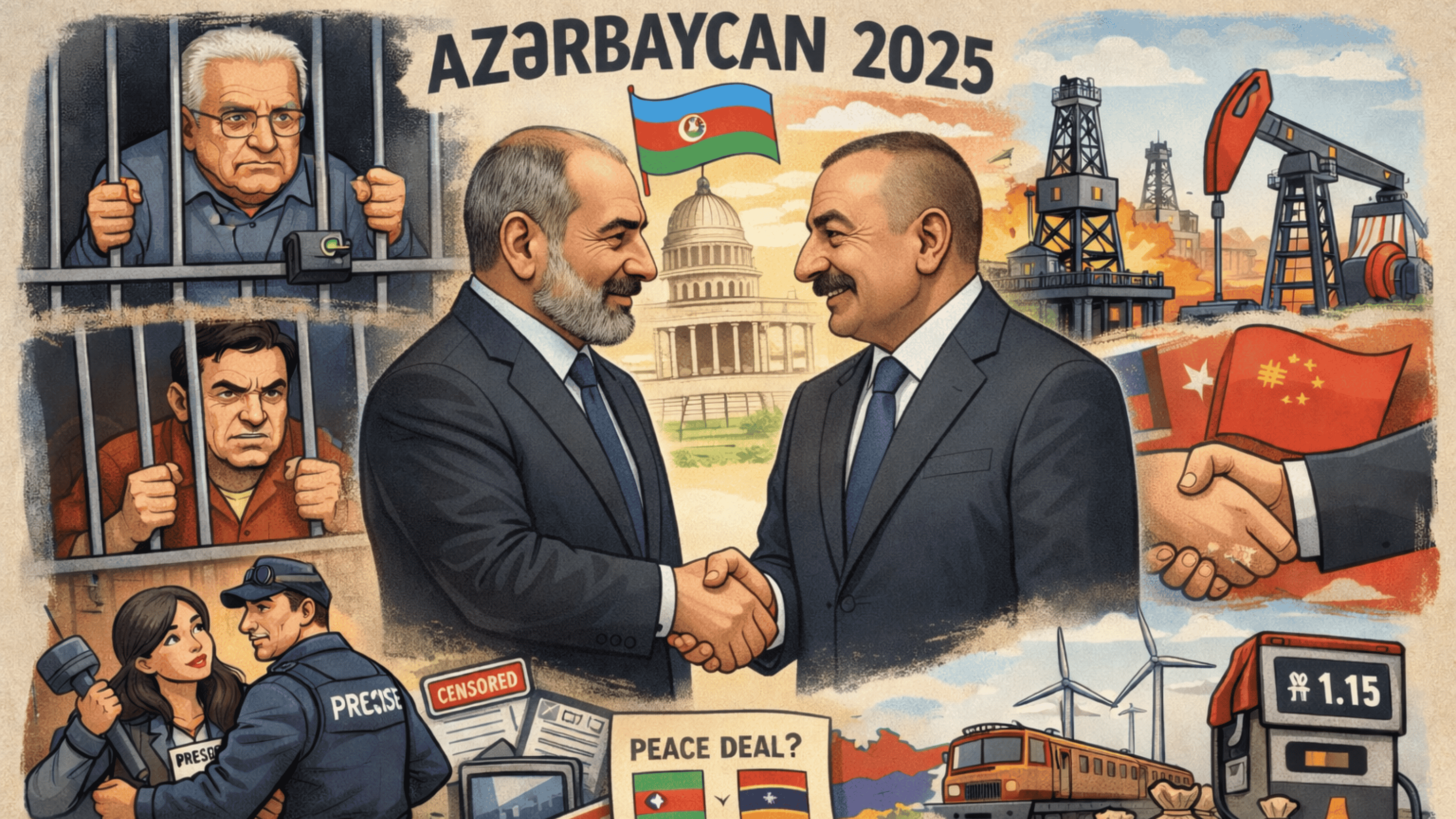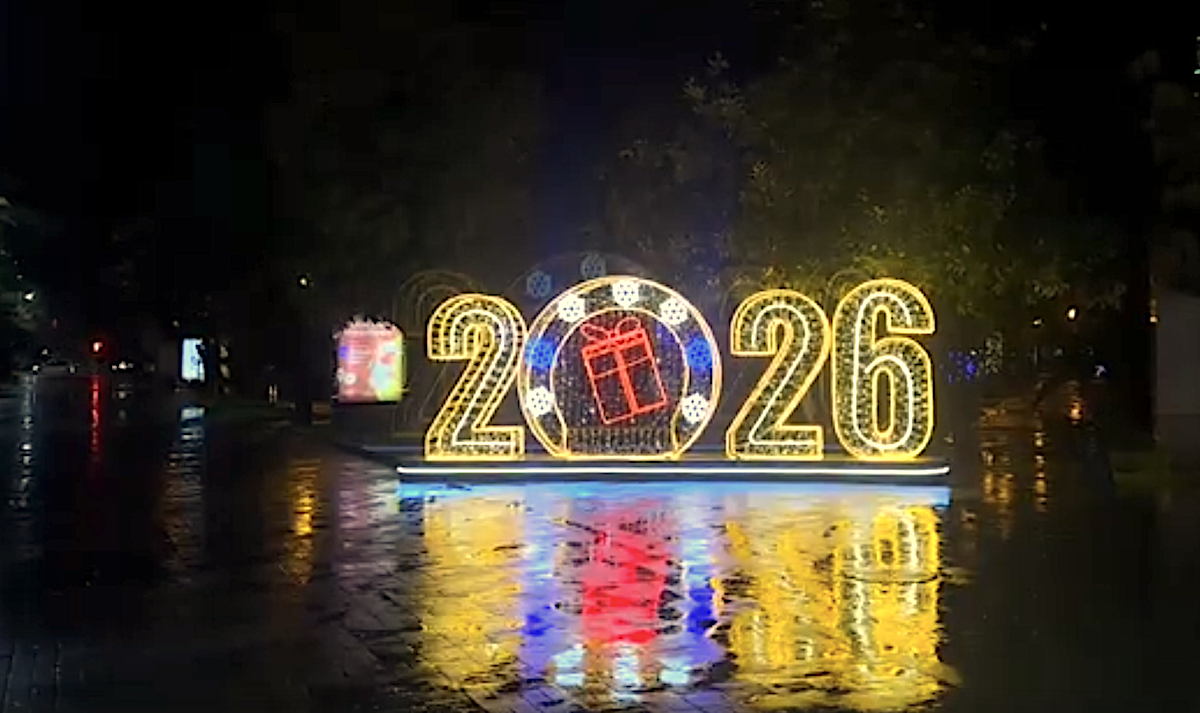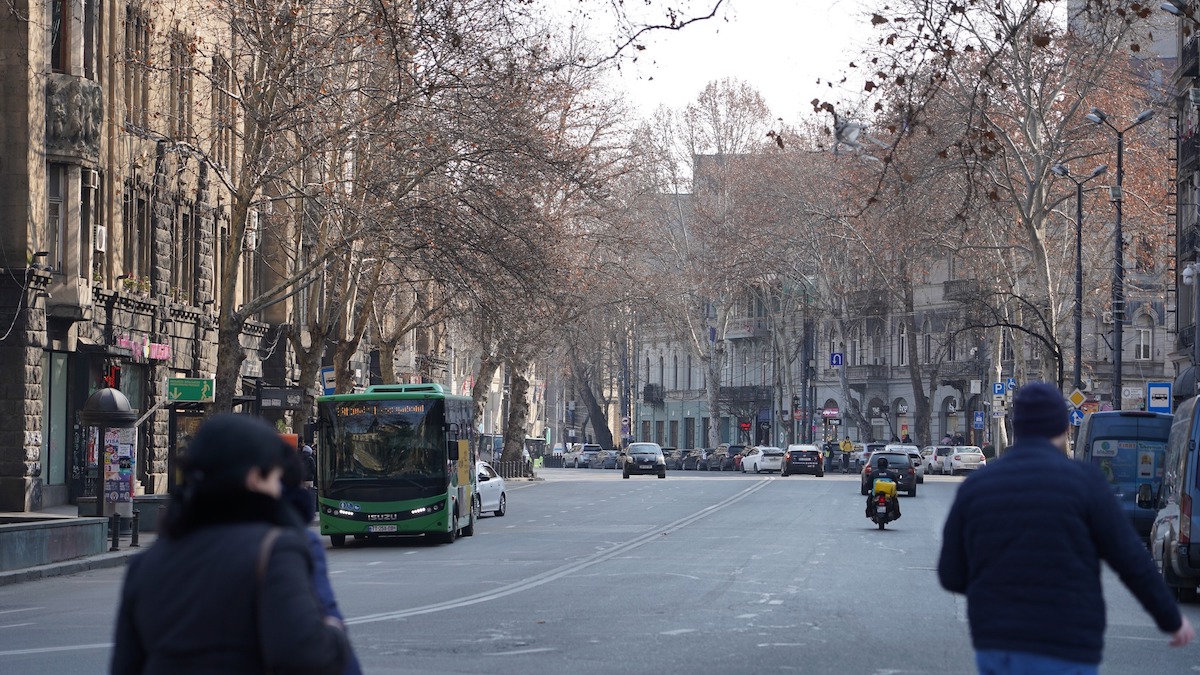Armenia to begin work on reconstruction of the railway connection with Azerbaijan
The restoration of the Yeraskh-Julfa-Meghri-Horadiz railway is on the agenda of the Armenian government. To coordinate the work, a special group has already been created, which includes 10 people. Among them are not only officials, but also specialists in the field, as well as scientists and construction workers. The group will be headed by Adviser to the Prime Minister, former Armenian Ambassador to Iran Artashes Tumanyan. The decision to start work was made after the meetings of the leaders of Armenia and Azerbaijan, held at the end of last year in Sochi and Brussels.
However, the Azerbaijani side began construction work in February 2021, a few months before these agreements. The Azerbaijani authorities are reportedly planning to complete the construction of their part of the railway in the first quarter of 2023.
In Armenia, the study of the issue is just beginning. It is still unknown when construction work will begin to restore the once-operating railway, but the Armenian side emphasises that it will act in accordance with international customs and border regulations, and sections of the railway on the territory of each of the countries will be under its sovereign control.
- “An extremely useful meeting” – results of the trilateral Putin-Pashinyan-Aliyev meeting in Sochi
- Common Soviet past: what roads will connect Armenia and Azerbaijan?
- PM of Armenia: There are no reasons for optimism, but we are trying to create them
45 km of railway will cost about $200 million
If this railway line is restored, it will not only connect Armenia and Azerbaijan. Armenia will also receive a railway connection with Russia and Iran, and Azerbaijan with Nakhichevan. At the same time, experts explain that the Yeraskh-Julfa-Meghri-Horadiz railway is not considered as a route for exporting goods to Azerbaijan, but as a transit road, in particular, for exporting products to other countries.
“The construction of the 45-kilometer railway in the Meghri section will cost about $200 million, and the construction will take about three years”, Armenian Deputy Prime Minister Mher Grigoryan said in December last year.
Mher Grigoryan also represents the position of Yerevan in the tripartite working group of deputy prime ministers, created on January 11 last year to coordinate work on unblocking regional communications. The issue of resuming the work of this route was agreed as a result of discussions with the vice-premiers of Azerbaijan and Russia.
The Armenian authorities are confident that the railway can have a positive impact on the political and economic situation in the region.
In Soviet times, Armenia and Azerbaijan were connected by two railway routes – Yeraskh-Nakhichevan-Meghri-Horadiz-Baku and Ijevan-Gazakh.
Expert commentary
Economist Tatul Manaseryan is sure that everyone understands how important it is to use the railway for the development of the economy. But he believes that, at the same time, it is necessary to realistically assess and understand the situation in which Armenia found itself after the war, as well as take into account with which country the communication is being resumed and new relations are being built.
According to the expert, from an economic point of view, it is necessary to calculate what the restoration of the railway will give Armenia. But first of all, security problems must be solved:
“We must not forget that even in the Soviet years, in times of seeming stability, stones were thrown at cars”.
Although the railway can be of great benefit to Armenia, the economist argues that “one should not chase economic gain, forgetting about the security threats that hang like weights around their neck”.
According to him, Armenia needs to include economic diplomacy in the process, remind Azerbaijan and, to a greater extent, Turkey of the need to “comply with the conventions relating to landlocked countries, fulfil their obligations under international law on granting free access to the sea”. He points to the UN conventions of 1948, 1957 and 1968. Tatul Manaseryan believes that the fulfillment of these obligations can become the basis for greater trust between the countries.
He invites the government to involve independent experts in the work of a special group, who, in his words, “may not be able to help, but also won’t do any harm”.


















